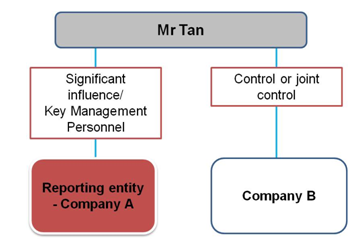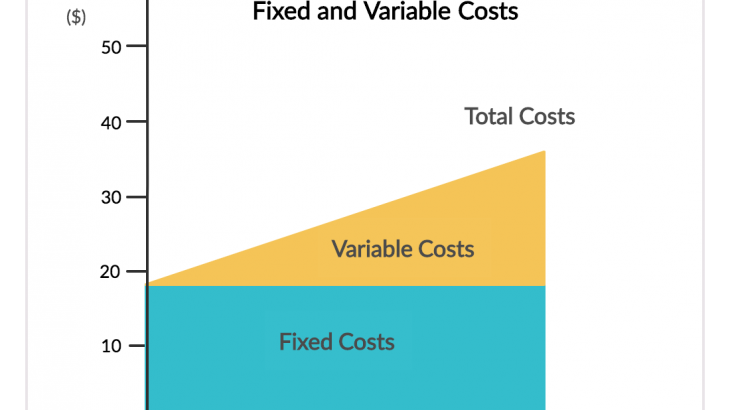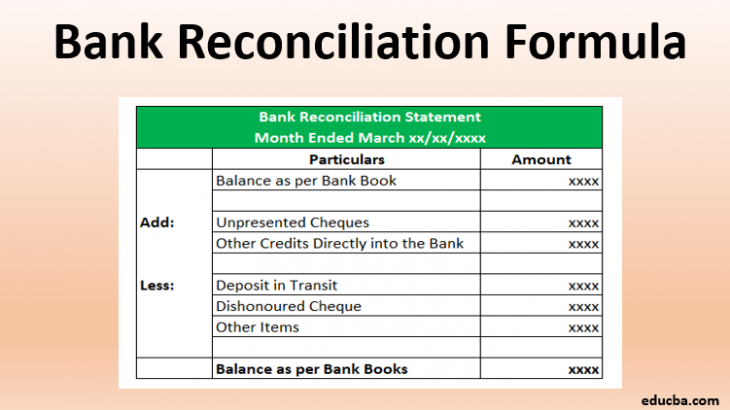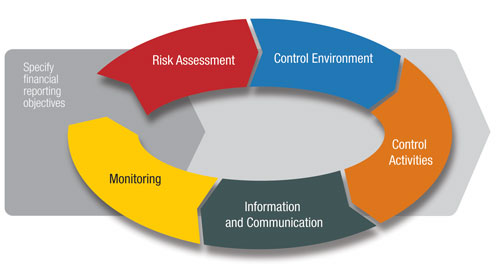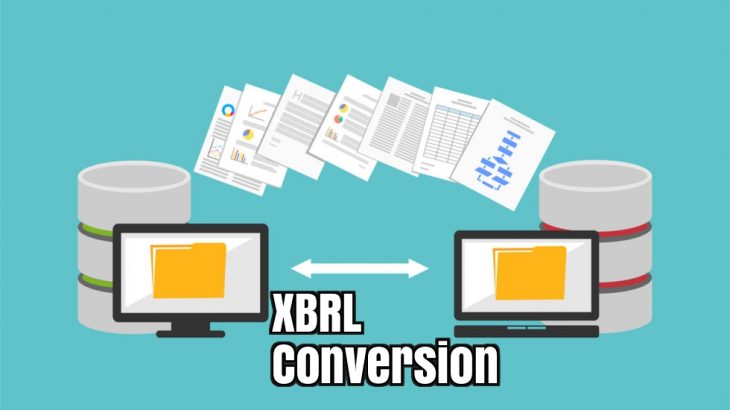
What is XBRL? 什么是XBRL? XBRL stands for eXtensible Business Reporting Language, a language used in computers to present financial statements such that they can be retrieved from online records and transferred directly to users such as auditors, regulators, financial analysts for various purposes.XBRL代表可扩展的商业报告语言,一种在计算机中用来呈现财务报表的语言,这样财务报表就可以从在线记录中检索出来,并直接传输给用户,如审计员、监管者、财务分析师等,用于各种目的。The Accounting & Corporate Regulatory Authority (ACRA) implemented a new filing requirement for Singapore […]

